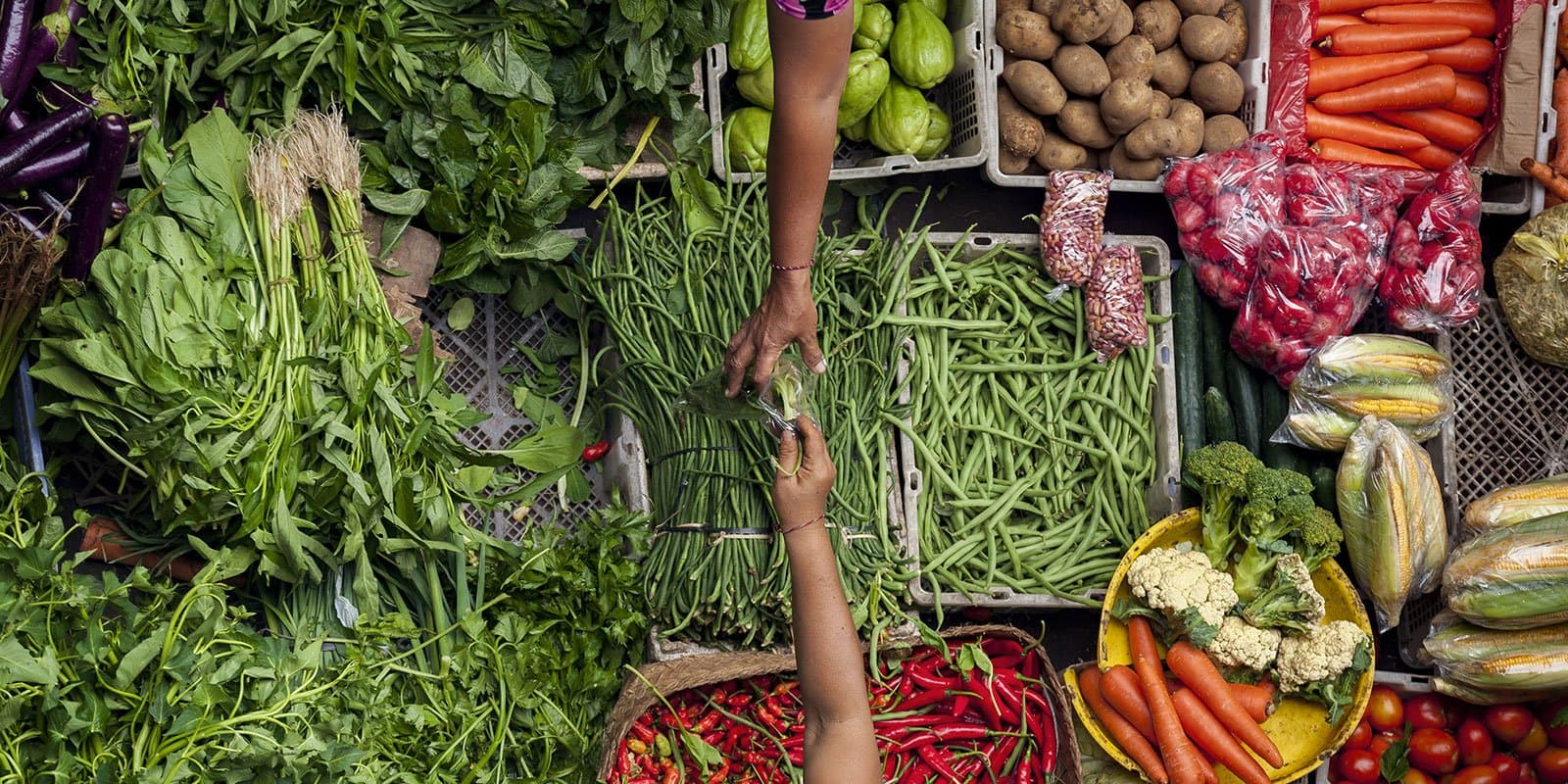
Indonesia's war on cash
The Indonesian public should be keeping an eye on their government's recent moves towards cashlessness. Following a cashless payment policy for road tolls which 'forced' people to resort to non-cash payment options earlier this year, has come a cash cap on government cash spending.
By April 2018, a draft of the cash-restricting bill for a limit on Indonesia's government cash transactions to a maximum of 100 million rupees (or 7,260 US dollars) had been submitted to be approved by President Widodo before being passed onto the House of Representatives for deliberation.
The bill was initiated in April 2014 by the Financial Transaction Reports and Analysis Centre (PPATK). Recently, the Bank of Indonesia released statements agreeing with the proposal, but the central bank's motives seem more driven by attaining more information and therefore control on political movements:
BI Agrees on Limiting Cash Transaction | Tempo (April 20, 2018)
BI's director for payment system policy Erwin Haryono said Thursday night, April 19, that it is possible that the proposal is related to the election or political activities. Nevertheless, he said that it is in line with the central bank's non-cash campaign with the purpose of getting clear records of all transactions.
"This step needs to be done to limit corruptors' movements, as well as reduce chances of bribery and other financial crimes,"
Joko Widodo, (known affectionately as "Jokowi") is the first President of Indonesia elected in spite of not having an elite or military background. The progressive leader achieved strong popularity ratings (60%-80%), with his reforms in infrastructure which boosted connectivity across the Indonesian archipelago as well as through reportedly successful tax programmes.
Yet, despite his good intentions, there has been no comment on how the law will be enforced. Meanwhile, as the people of Indonesia choose to use cash for approximately 85% of day-to-day transaction, it will be interesting to see the law might have (or not have) on the nation's cash culture.
If a committee is successful in monitoring and approving government spending as the bill proposes, will Indonesia's vote-buying problems come to an end? Or will candidates simply resort to other methods of bribery?
It seems the problem may go deeper that pockets.
"If you want to be mayor, governor or House member, you have to approach political parties for support. The price [of support] can be billions of rupiah or more [...] It has to be paid in cash – in rupiah or foreign currencies. No one dares to accept bank transfers."
Jokowi Seeks to Curb Cash in Anti-Graft Push for Indonesia Vote | Bloomberg (19 April 2018)
While Bank Indonesia may find it easy to boost non-cash transactions in the biggest islands in the archipelago, it will need to ensure there’s enough cash supply in far-flung regions, said David Sumual, Bank Central Asia’s chief economist. He estimates that about 80 percent of financial transactions are recorded in the hubs of Jakarta and Sumatra in a nation where more than 60 percent of the population has no access to formal banking services.
According to a 2017 Financial Inclusion by InterMedia, cash is the preferred transaction mode, and the underbanked rely heavily on informal and non-full service institutions. If India's cash ban was a cautionary tale, how will this cashless campaign prevent furthering financial exclusion?
This is ever prevalent in the cashless payment policy placed on road tolls which 'forced' people to resort to non-cash payment options earlier this year. There are a suspicious few reports on how this has affected the commuting needs of the unbanked but various on the increase of cashless payments.
E-toll policy forces a spike in cash use. | Tempo article (23 April 2018)
EMPO.CO, Jakarta - Bank Indonesia [BI] has recorded a significant increase in non-cash transactions value since December 2017. The hike occurred soon after the government mandates the use of electronic money for toll road payments.
"After we force the non-cash, it increased significantly—our latest records showed a 400-percent jump,"
Onny said that since December last year the value of non-cash transactions rose from Rp63.1bn per day to Rp112.6bn per day.
Other contributing factors to the increase, he added, included the people's lifestyle and behavior that were shifting more towards digitalization, and the growth of ATM cards.
Do you live in Indonesia? Have your say on cash restrictions in your country.
Who to Tag
What to Hashtag
#CashMatters #KeepCash
#WarOnCash #CashRestrictions
Sources
Sipahutar, Tassia. 'Jokowi Seeks to Curb Cash in Anti-Graft Push for Indonesia Vote'. Published 19 April 2018. Accessed 30 April 2018.
Nurit, Dewi , Rosseno Aji. 'BI Agrees on Limiting Cash Transaction'. Bank of Indonesia. Published 20 April 2018. Accessed 30 April 2018.
Hermansyah, Anton. 'Bill limiting cash transaction on the way'. The Jakarta Post. Published 10 April 2018. Accessed 30 April 2018.
Amelia, Zara. 'Non-cash Transactions Rise 400% since e-Toll Mandate: BI'. Bank of Indonesia.Published 23 April 2018. Accessed 30 April 2018.
Reuters Staff.'Indonesia seeks to limit cash transactions to fight bribery'.Thompson Reuters: Asia. Published 18 April 2018. Accessed 30 April 2018.
